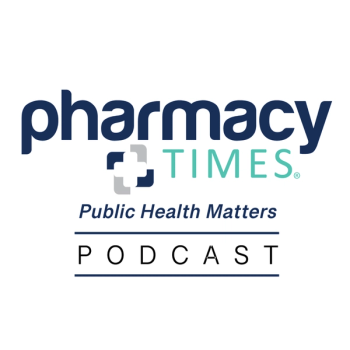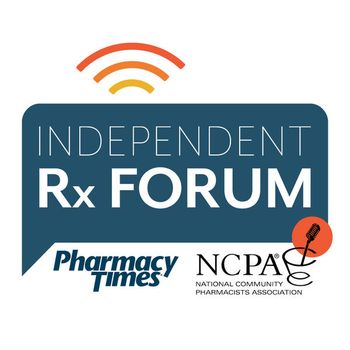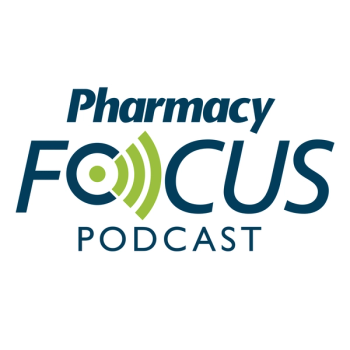
Future of Pharmacy
Latest News


Trends in Medication Management: Daily Efficiencies, Amplified Across Health Systems
Latest Videos

Shorts




Podcasts
CME Content
More News

Toothpaste tablets revolutionize oral care with eco-friendly, convenient options, while pharmacists guide consumers in making informed choices for dental health.

Pharmacists play a vital role in the safe integration of psychedelics into healthcare, addressing ethical concerns and ensuring equitable access to treatments.


Pharmacists play a vital role in modern clinical trials, enhancing patient safety and trial efficiency through drug management and protocol development.

Pharmacy leaders at ASHP Midyear 2025 highlight urgent concerns about future uncertainties and preparedness for crises impacting health systems and patient care.


Pharmacists explore AI's transformative potential, evaluating its applications and ensuring ethical integration to enhance patient care and pharmacy operations.

Economic factors are driving sterile injectable drug shortages, but collaborative strategies can enhance health care industry resiliency.


Pharmacy evolved in 2025, showcasing pharmacists' vital roles, expanding services, and embracing technology while facing challenges and opportunities ahead.

Leaders inspire the profession to reach higher levels, adapt, and embrace the future.

The National Association of Boards of Pharmacy Leader Discusses the New Uniform Multistate Pharmacy Jurisprudence Examination (UMPJE), designed to standardize pharmacy law assessment while supporting multistate licensure, regulatory compliance, and patient safety.

Tools Like Robotic Dispensing Services, Pharmacogenomics, and Regulatory Changes Are Changing How Pharmacy Works

Pharmacy team members who participated in a gamified virtual escape room reported higher levels of readiness and confidence to respond to emergency-scenario disaster events.

The new year can present challenges to health-system pharmacy.

Pharmacists’ expertise is vital to AI’s safe integration into medication management. A growing array of resources and training supports pharmacists’ engagement with this new technology.


Steps must be made to preserve pharmacy access for those who need it most.

The integration of artificial intelligence into health care represents a shift in how pharmacists approach medication management and patient care.

Believe it or not, none of them are pharmacy specific.

The pharmaceutical giant will reportedly lower its drug prices to align with most-favored-nation status.

A hybrid chatbot that evaluates stages of change in pneumococcal vaccination desires while providing artificial intelligence (AI)-based Q&A opportunities improved uptake in older adults.


Student pharmacists should use practical tips to responsibly use artificial intelligence tools for studying, clinical simulations, exam preparation, and time management while ensuring ethical and effective usage.

Martha Thorne discusses the operational, financial, and patient care challenges pharmacies face under the 340B rebate pilot and the need for advocacy, automation, and transparency to sustain access.





































